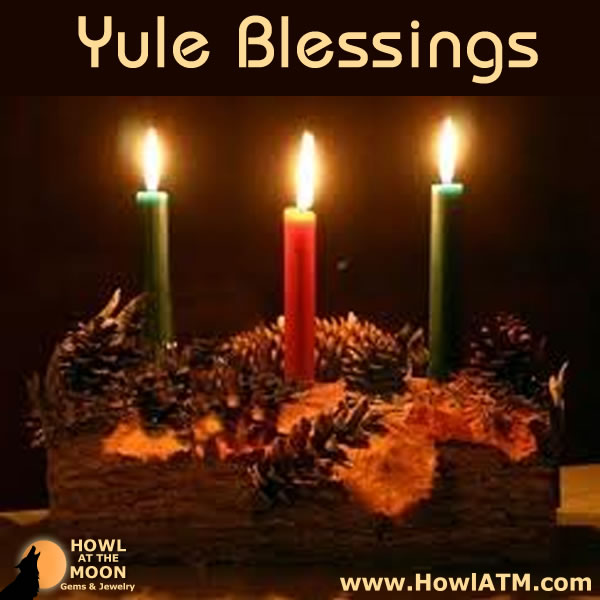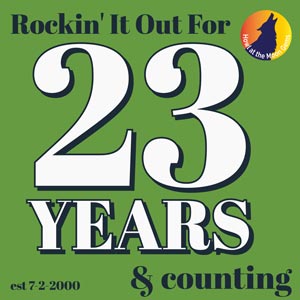Yule, or jol is the Winter Solstice, the shortest day and the longest night of the year. The word Yule itself comes from the Old English geōl.
After their conversion, the Anglo-Saxons continued to use geōl as the name for the great Christian feast occurring at nearly the same time, Christmas. Other pagan peoples speaking Germanic languages held similar festivals, and among the Norse, the winter festival was called jōl, using the Old Norse equivalent of Old English geōl.
After the conversion of Scandinavia to Christianity, jōl was put to new use just as geōl had been in Great Britain, and the usual word for Christmas is still Jul in Danish, Norwegian, and Swedish, the descendants of Old Norse.
The Anglo-Saxon church did not discourage this re-purposing of native Germanic words to the new Christian traditions emanating from the Mediterranean world, and today, several other Christian holidays still have English names with Anglo-Saxon roots.
Yule falls within the time of the Spiral Moon - a time for renewal and the beginning of my lunar year. It reflects the spiral path known to all spiritual journeyers. This moon contains the Winter Solstice and conveys the energy of slow change, contemplative meditation and preparation for the re-birth of light as the days begin to lengthen after today's Solstice.
Partially sourced from: TheFreeDictionary.com
Happy to share... I hope you enjoy my site, find it easy to use, and bookmark it as a reference on your journey. I am more than happy to share my information with you for your site -just ask permission first. Crystal Healing should only be used with the understanding that it is not an independent therapy, but one that is a part of a holistic healing approach.
Copyright © Howl at the Moon Gems & Susan Sullivan all rights reserved




